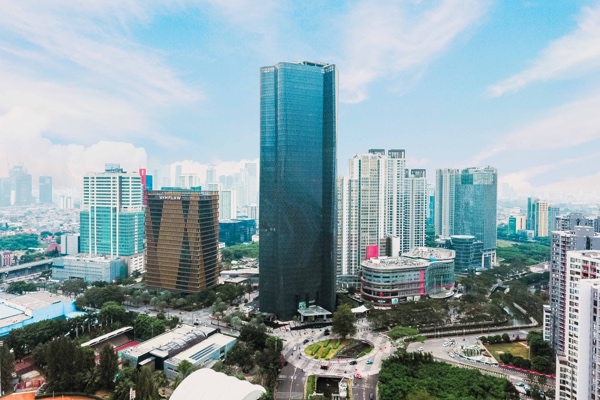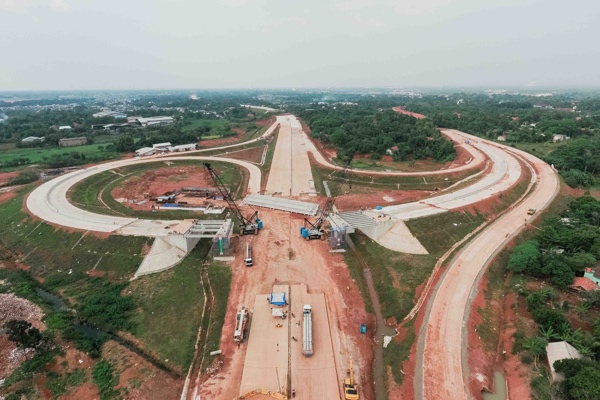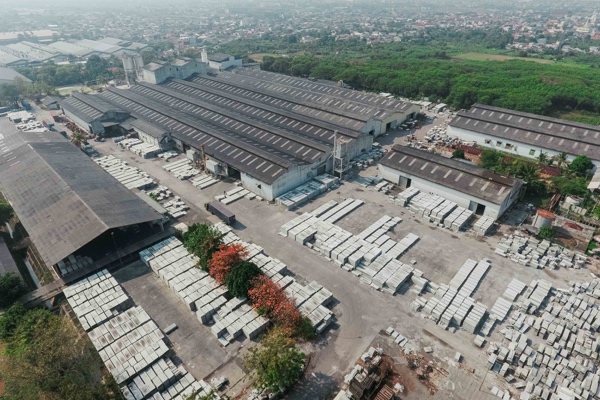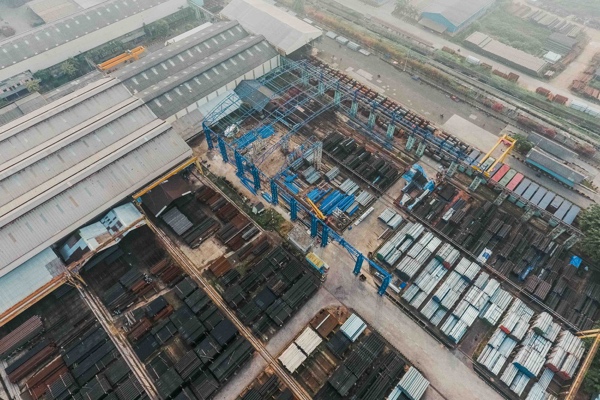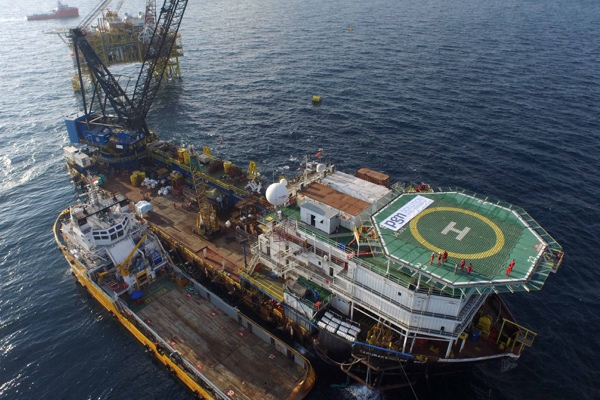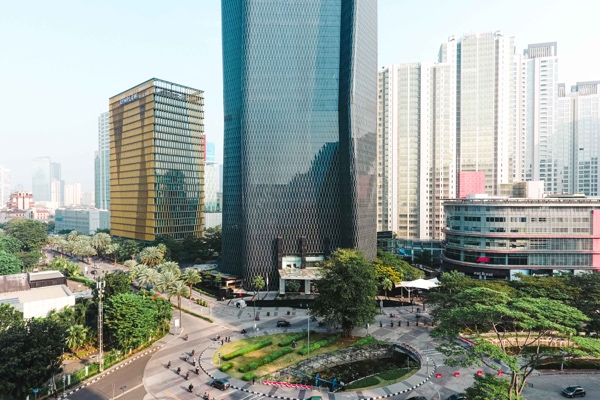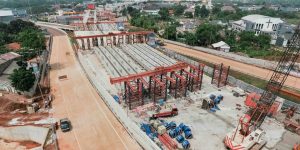Starlink will Influence the Dynamics of the Telecommunications Industry in Indonesia
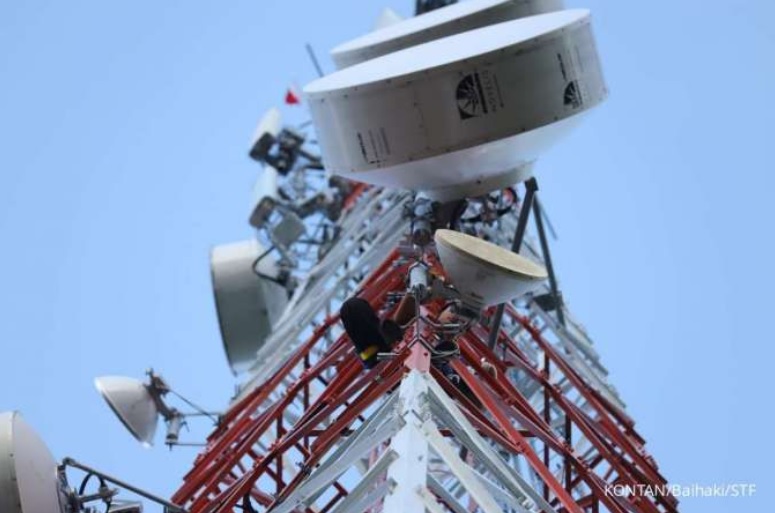
Source: Kontan.co.id | June 8, 2024
The Indonesian Telecommunications Providers Association (ATSI) has opened its voice regarding the statement by the Coordinating Minister for Maritime Affairs and Investment (Menkomarves) Luhut Binsar Pandjaitan who said that the presence of Elon Musk’s internet service in Indonesia, namely Starlink, means that Base Transceiver Station (BTS) towers are no longer needed. .
According to the Secretary General of ATSI, Marwan O. Baasir, it is natural that the existence of Starlink will influence the dynamics of the telecommunications industry in Indonesia.
“Because of this, the government must be able to make arrangements by prioritizing the implementation of the same equal playing field as telecommunications service providers that already exist in the country,” said Marwan to Kontan, Friday (7/6).
Then, related to the existence of BTS towers, it is hoped that Starlink’s presence can be a support in remote areas or 3T areas as well as in other areas where geographically it is difficult to build terrestrial networks.
“So that these remote regions or areas can utilize Starlink services and there is no need to build BTS which requires expensive investment costs and is also a geographical challenge to build,” he added.
Meanwhile, in urban or non-3T areas, the existence of 2G, 4G, 5G and beyond BTS towers is needed to maintain the continuity of existing cellular/telco services and support the digital transformation of the national economy, including industry 4.0.
He then explained that the equal playing field demanded by the government could be seen from various points of view.
“The first is compliance, the obligations that must be fulfilled by Starlink as a telecommunications provider, such as compliance with BHP payments, tariff regulations, handling illegal content, as well as the obligation to cooperate with other providers in the telecommunications regulatory regime in Indonesia,” said Marwan.
On the other hand, the consideration is the ease of penetration of regional coverage from the perspective of ease of network deployment, so that providers can compete well in delivering services.
“Then, in terms of coverage, satellite providers are able to reach rural areas easily and quickly, so that their services can be focused on these areas so that their nature is a complementary proposition or there are special criteria that can be determined by prioritizing terrestrial Telko operators when providing terrestrial (non-terrestrial) services satellite) can still reach the area, especially economically it is still supported,” he said.
According to Marwan, the regulator needs to pay attention to the above, to maintain competition between existing players and new players.
“Then, in terms of cellular technology, our licensing structure, satellite providers can have mobile capabilities and licenses, so this needs to get more attention,” he said.
He also said that the cooperation scheme with cellular providers could be reviewed by the government in determining policies related to Starlink. “So Starlink does not need to be allocated its own direct to cell frequency because this will threaten competition,” he concluded.

